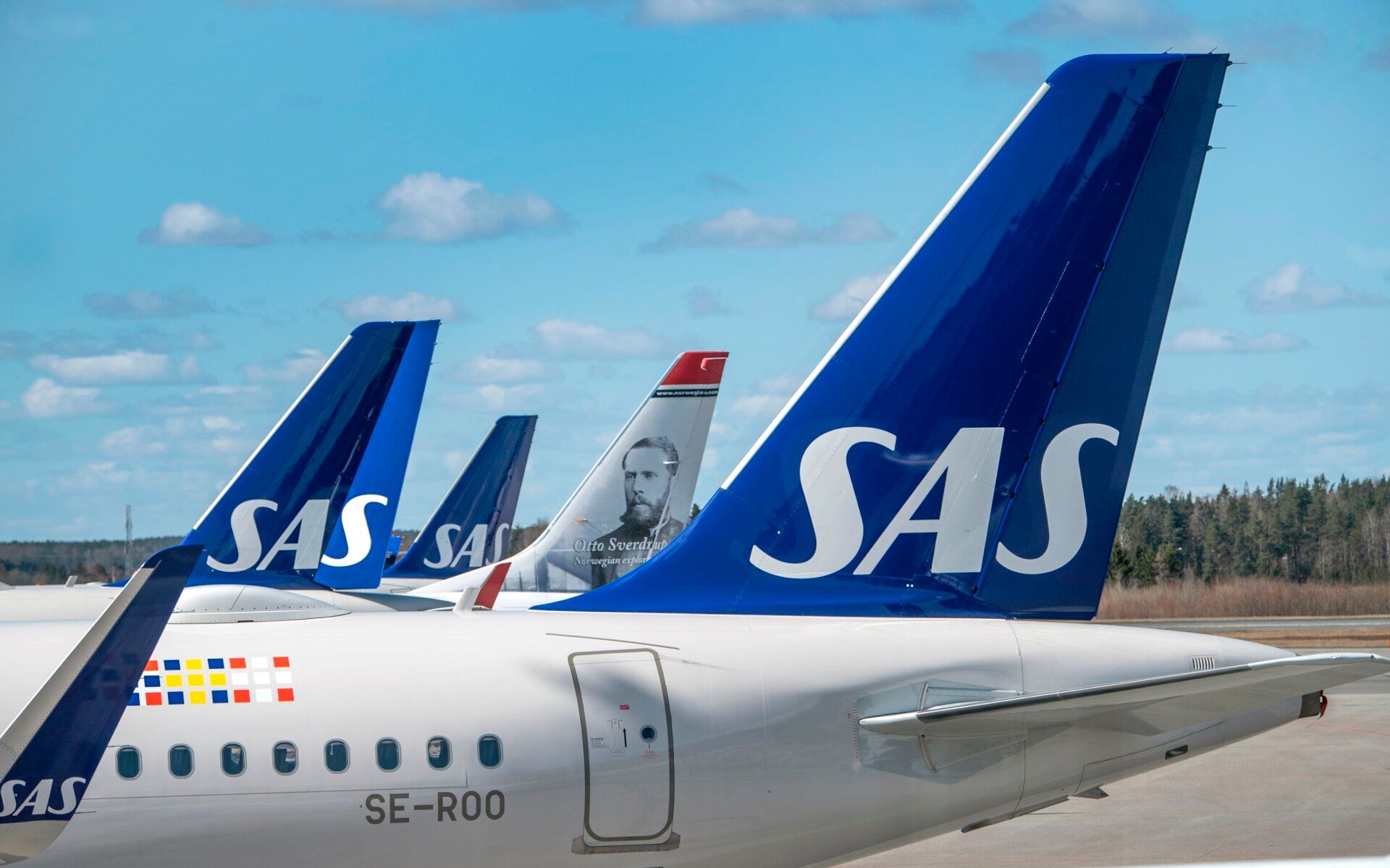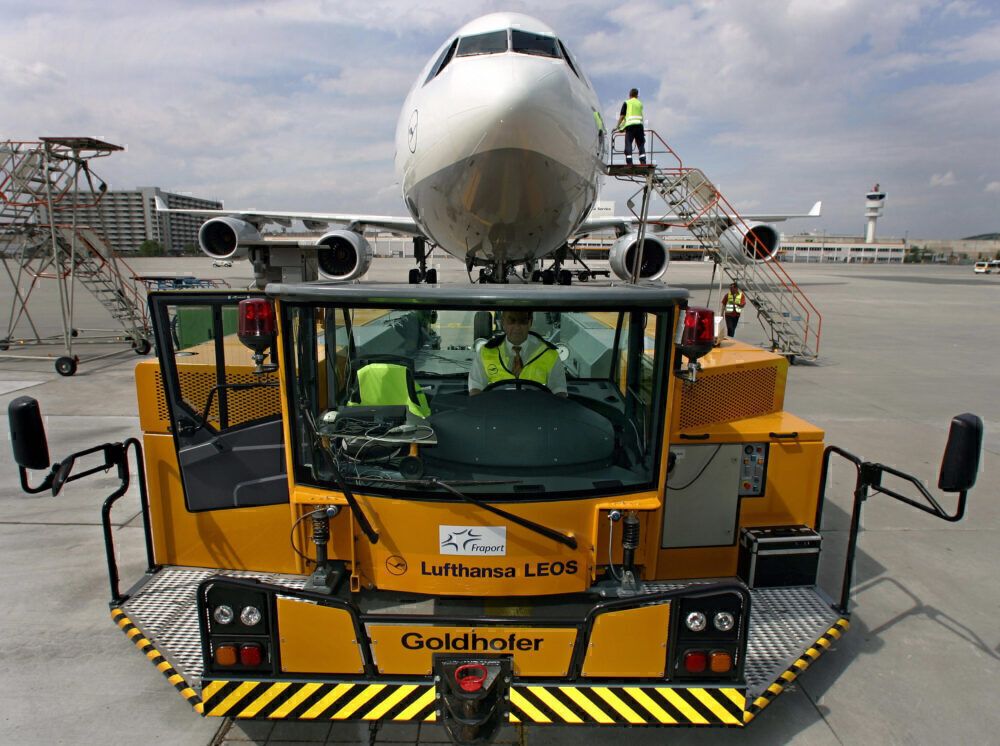In 2021, Swedavia announced that it had reached net-zero CO2 emissions across its ten airports. Now, it is looking to incentivize other operators at its airports, such as ground handling services, to switch away from fossil-based fuels to more sustainable HVO 100 diesel. Since the start of the year, Swedavia is running a carrot-and-stick price differentiation scheme at its two largest airports - Stockholm Arlanda and Göteborg Landvetter.
Fossil-free ground operations by 2025
While emissions caused by burning Jet A fuel is aviation's biggest CO2 problem, that does not mean there isn't environmental work to be done throughout the entire industry value chain. The owner of Sweden's largest airports, Swedavia, is no stranger to climate-forward measures. In 2020, it was the first airport operator to achieve net-zero emissions across its operations.
Not one to rest on its laurels, however, the company has now launched a new HVO 100 incentive at Stockholm Arlanda (ARN) and Gothenburg Landvetter (GOT). This is meant to encourage others operating at its airports to switch to fossil-free diesel. The goal is for all ground operations across Swedavia's ten airports, including Stockholm Arlanda, to be fossil-fuel-free by 2025.
"We are already at the forefront of climate change adaptation and have taken major steps forward over the past few years to ensure that none of our own operations use fossil fuels. With the new HVO 100 incentive, we want to encourage all of the companies and other organisations that operate at our airports to follow our lead and take the next step towards a future of fossil-free vehicle fleets,” Lena Wennberg, chief sustainable development officer at Swedavia, said in a statement.
What is HVO 100?
HVO stands for Hydro-Treated Vegetable Oil. It is a paraffinic bio-based liquid fuel that can be produced from many different sources such as used cooking oil, but (despite the V) also from animal fats. Swedavia promises that its HVO 100 is palm oil-free and meets the criteria for biofuel sustainability requirements set out in the Swedish Sustainability Act.
The 100 after the HVO means that it is unmixed, high-quality diesel. Sustainable aviation fuel (SAF) and sustainable diesel pioneer Neste says it can reduce CO2 emissions by up to 90% when compared to fossil-based fuels.
A $0.11 difference per liter
Since January 1st, 2022, the price of HVO 100 at ARN and GOT has dropped by 0.50 SEK ($0.055) per liter. Meanwhile, Swedavia has raised the price for conventional diesel by the same amount. The scheme will remain in place until December 31st, 2024. However, the operator says it may increase the price differentiation to further encourage its partner companies to make the switch.
Meanwhile, several airports where Swedavia runs most of the operations - Malmö Airport, Bromma Airport, Umeå Airport, Kiruna Airport, Åre/Östersund Airport, Visby Airport and Luleå Airport - already offer only fossil-free diesel, so there is no need to introduce any incentive.
Do you think financial incentives are a good tool to convince operators to make sustainable choices? Should governments do something similar for airlines and SAF? Leave a comment below and share your thoughts.



